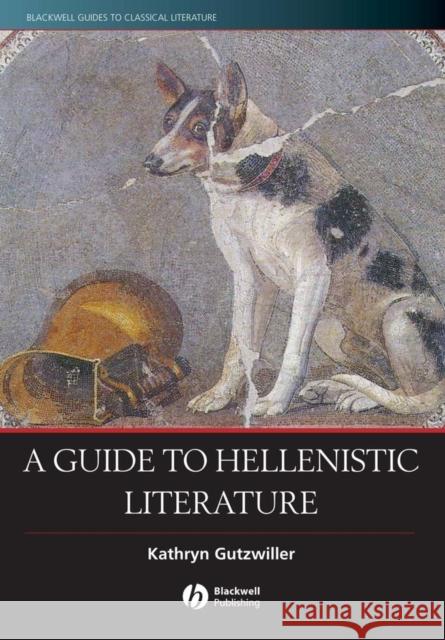Guide to Hellenistic Literature » książka
topmenu
Guide to Hellenistic Literature
ISBN-13: 9780631233220 / Angielski / Miękka / 2007 / 280 str.
Guide to Hellenistic Literature
ISBN-13: 9780631233220 / Angielski / Miękka / 2007 / 280 str.
cena 183,46
(netto: 174,72 VAT: 5%)
Najniższa cena z 30 dni: 182,70
(netto: 174,72 VAT: 5%)
Najniższa cena z 30 dni: 182,70
Termin realizacji zamówienia:
ok. 30 dni roboczych
Dostawa w 2026 r.
ok. 30 dni roboczych
Dostawa w 2026 r.
Darmowa dostawa!
This book is a guide to the extraordinarily diverse literature of the Hellenistic period.
- A guide to the literature of the Hellenistic age, from the death of Alexander the Great in 323 BCE to the Battle of Actium in 31 BC
- Provides overviews of the social, political, intellectual and literary historical contexts in which Hellenistic literature was produced
- Introduces the major writers and genres of the period
- Provides information about style, meter and languages to aid readers with no prior knowledge of the language in understanding technical aspects of literary Greek
- Distinctive in its coverage of current issues in Hellenistic criticism, including audience reception, the political and social background, and Hellenistic theories of literature











